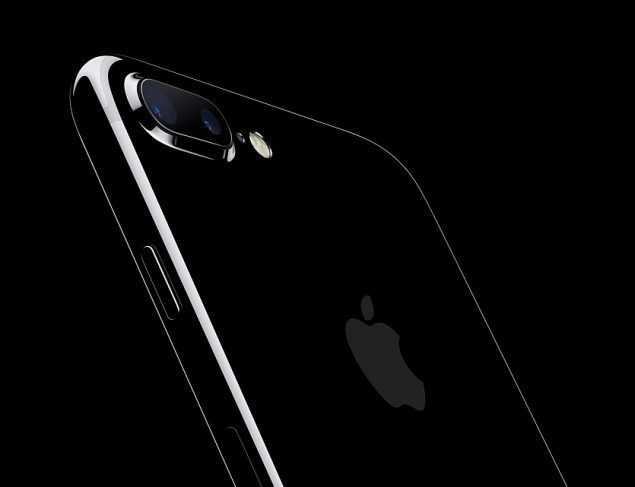Despite an arguably justifiable reason as to why, customers aren’t pleased that Apple has been hiding the fact it intentionally slows down aging iPhones. Multiple class action lawsuits have come out attacking the firm, claiming compensation against the underhanded tactic.
The first lawsuit cropped up in California, requesting Apple to stop reducing handset processor speed, as well as to afford affected customers compensation. A second lawsuit that spans across users in Ohio, Indiana, as well as North Caolina was reported by The Chicago Sun Times, concerning owners of the iPhone 5, 6 and 7 devices.
The alleged hinge of the lawsuit is that Apple employed “deceptive, immoral and unethical” tactics to “purposefully slow down or throttle the performance speeds” of its devices.
This isn’t a stretch, as the information didn’t come to light until investigations were conducted into the matter. Furthermore, there is no warning of battery degradation or the systems in place to protect the user from it, although Apple has been known to do such a warning on its Mac OS.
Since there has been a lack of clarity on the practice, plus the timing of the updates and alternatives it could have pursued, this has led many to believe that the true nature of using this technique was to guide customers’ feelings into buying a new handset rather than protect the integrity of older devices.
Currently, Apple has said that it plans “to add support for other products in the future,” but the course of these lawsuits could change how the company handles the problem moving forward.
KitGuru Says: I do think it is a little odd that the same company would be forthcoming on one platform and hide its agenda on another. Do you think Apple was justified in its solution?
 KitGuru KitGuru.net – Tech News | Hardware News | Hardware Reviews | IOS | Mobile | Gaming | Graphics Cards
KitGuru KitGuru.net – Tech News | Hardware News | Hardware Reviews | IOS | Mobile | Gaming | Graphics Cards




No not really justified instead of taking the easy way out and reducing phone performance to the extent that it is very noticeable they should have worried less how thin they could make the devices and worry more on the function of the devices themselves. If the device requires a bit thicker battery with more output to run the devices from when it was new to when it gets a few years old as the battery fades a bit then build the device with a properly specced battery that can handle the job from brand new to when it gets older.
Throttling the devices and not letting the customers know this is happening is very under handed & it’s even worse because of the fact that the batteries are not user replaceable & you have to take it either to Apple or a shop to get it replaced at a cost.
Yes batteries will fade over time with lots of use thats why I stated you don’t install a battery that just gets by and just has enough capacity to handle the job when it’s brand new it needs to keep being able to run the device even when it gets older. I am sure Apple is not the only company at fault here and others are probably guilty of doing the same thing. Apple just got caught & I hope it forces them to redesign their devices so this does not happen in the future. I am sure they will spin it off as a feature or say you are charging it wrong.
They are entirely subjective matters. Is it better to have thin phones or long lasting phones? There is no absolute answer, what Apple or Samsung or any one else decides is a perfectly reasonable design decision, the customer then makes their choice. The problem isn’t thin batteries, or that they can’t be replaced, the problem isn’t even degrading preformance or battery capacity, you can’t sue for either of those if they’re Inherent and Known “features” of the design. The problem is that they artificially introduced degraded preformance (not Inherent) and did so secretly (not Known), compounded by reasons that can at least be interpreted as dubious. I doubt this will go far, but I hope the publicity will be sufficient to deter similar practices in the future.